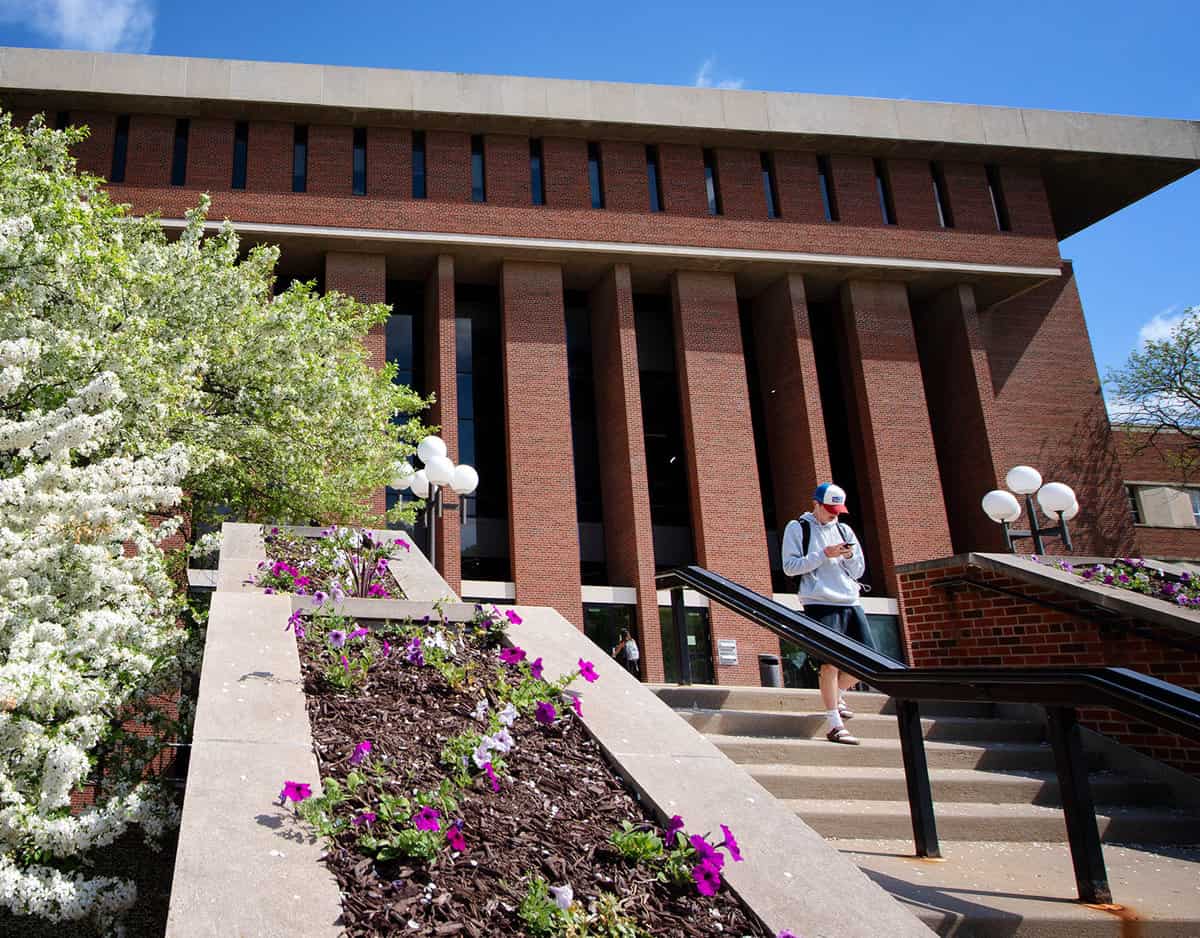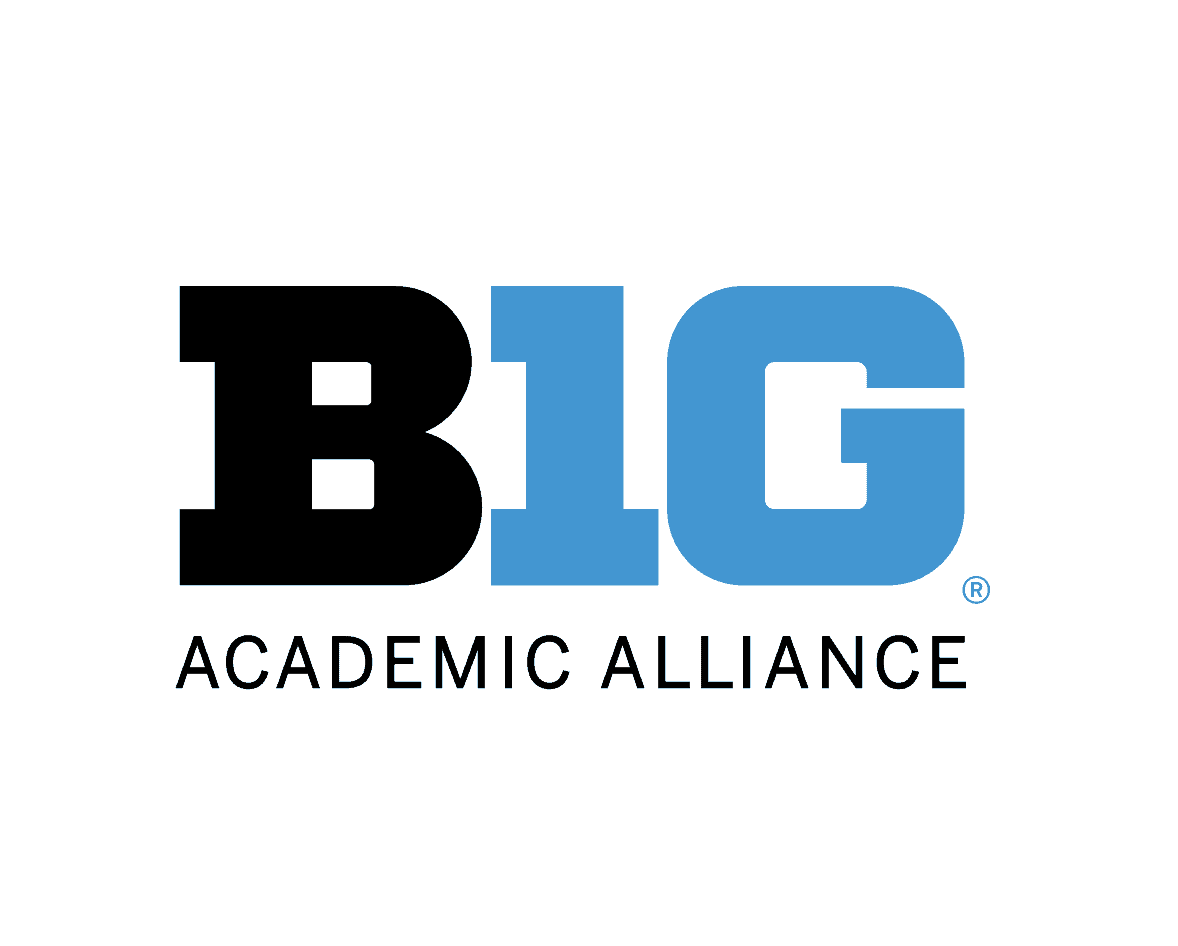Have you heard the news? Iowa Research Online (IRO) is new and improved! Staff at the University of Iowa Libraries have been hard at work on a new interface that goes way beyond the traditional institutional repository. We’re the first institution in the world to go live with Esploro from Ex Libris, a research informationContinue reading “Check out the new Iowa Research Online”
Category Archives: What’s new
UI Libraries inks new Cold Spring Harbor open access agreement
The University of Iowa Libraries are pleased to announce a new transformative agreement with Cold Spring Harbor Laboratory Press (CSHLP), an internationally renowned publisher of books, journals, and electronic media in genetics and molecular biology. The agreement includes: To publish open access in CSHLP journals without paying open access fees or APCs, corresponding authors simplyContinue reading “UI Libraries inks new Cold Spring Harbor open access agreement”
Announcing new John Benjamins open access agreement
The University of Iowa Libraries is pleased to announce a new read and publish agreement with John Benjamins Publishing Company, an independent academic publisher of books, journals and online resources in linguistics and the language sciences. The agreement includes: To publish open access in John Benjamins journals without paying APCs, corresponding authors simply submit theirContinue reading “Announcing new John Benjamins open access agreement”
Virtual new book display – Jan. 15, 2024
The Beads of Slavery The Beads of Slavery is a fiction story about twins who were separated at birth grew up in different societies with diverse culture, their destiny of uniting two communities had them fall in love with the same man.
The Studio’s Matthew Butler selected to receive 2023 Benton Award
Matthew Butler of the Digital Scholarship & Publishing Studio has been named the 2023 recipient of the Arthur Benton University Librarian’s Award for Excellence in recognition of his far-reaching contributions to digital librarianship. In his role as senior developer and research manager at the Studio, Butler has personally developed custom code to be used asContinue reading “The Studio’s Matthew Butler selected to receive 2023 Benton Award”
Closure notice: The Main Library will be closed this weekend, Oct. 27-30
The Main Library will be closed from Friday, Oct. 27, at 5 p.m. to Monday, Oct. 30, at 7:30 a.m. because of a water outage throughout the building due to an ENGIE utility construction project. You’re encouraged to use the Libraries’ online delivery service to request books in InfoHawk+ before Friday to have themContinue reading “Closure notice: The Main Library will be closed this weekend, Oct. 27-30”
Collections management, writ large: Inside the UI Libraries Annex
This remarkable facility boasts towering shelves, millions of volumes, and a satellite—and that’s just the beginning. The University of Iowa Libraries Annex sits on the outskirts of Iowa City, tucked between warehouses and against train tracks. Inside the 60,000-square-foot facility, long aisles extend into darkness—but when the motion-activated lights click on, they illuminate 22-foot shelvesContinue reading “Collections management, writ large: Inside the UI Libraries Annex”
New Big Ten Open Books First Collection provides open access to scholarly monographs
The university librarians of the Big Ten Academic Alliance have launched the Big Ten Open Books project, a collaboration between the university presses and libraries of the Big Ten Academic Alliance. The first 100-title collection centered on gender and sexuality studies is now published. The works included in the collection have all been previously publishedContinue reading “New Big Ten Open Books First Collection provides open access to scholarly monographs”
Virtual New Book Display – July 26, 2023
Welcome to the University of Iowa Libraries’ virtual New Book Shelf. Here we will present new titles for you to browse and check out. Titles listed here will be monographs published in the current year. If you see a title you would like to borrow, please click the link below the item and sign inContinue reading “Virtual New Book Display – July 26, 2023”
Virtual New Book Display – July 19, 2023
Welcome to the University of Iowa Libraries’ virtual New Book Shelf. Here we will present new titles for you to browse and check out. Titles listed here will be monographs published in the current year. If you see a title you would like to borrow, please click the link below the item and sign inContinue reading “Virtual New Book Display – July 19, 2023”




